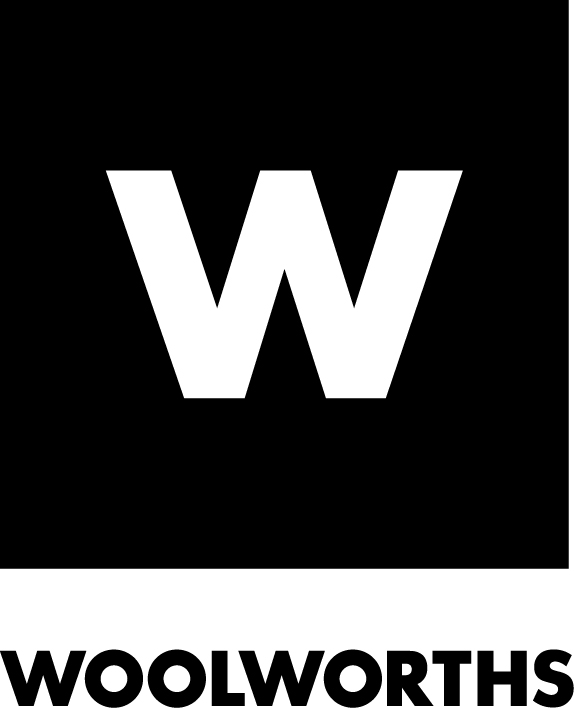A large retailer has announced that it plans to be the first in South Africa to contribute zero packaging waste.
In a statement released on Tuesday, Woolworths said it aims to have none of its packaging end up in landfills, which will require the introduction of 100% recyclable materials and a supportive recycling infrastructure.
This will include the phasing out of unnecessary single-use plastics, and the commitment for all its packaging to be either reusable or recyclable by 2022.
Woolworths has committed to phasing out single-use plastic shopping bags completely by 2020.
“Today’s announcement follows extensive customer research and engagement, both formally and through social media channels that shed light on both customer recycling habits and entrenched customer perceptions,” said Zyda Rylands, Woolworths South Africa CEO (pictured below).
“We know that many of our customers fully support our zero packaging waste to landfill journey and they want to see it happen as fast as possible. But this is not a path that we can walk alone. To succeed, we need our customers, our suppliers and the South African recycling industry to work with us.”
“Critical to the success of these ambitious goals is the continued commitment to partner with government and industry (recyclers, packaging convertors, producer responsibility organisations) to develop technically and commercially viable solutions to recycling different plastics.”
Rylands said that several in-store trials are currently underway at selected Woolworths stores in order to engage customers on the new plastic reduction efforts, including:
- Wooden cutlery and paper straws are being rolled out in NowNow and WCafes with a view to phase out plastic cutlery and straws completely;
- Plastic straws are no longer available for purchase in store;
- Paper-stemmed earbuds will be on the shelves by the end of October and plastic ear buds will no longer be sold in store;
- A pilot coffee cup recycling programme is currently underway in NowNow stores, with a view to rolling out nationally;
- The retailer is trialling reverse recycling vending machines, where customers can bring in their recyclables and put them into the vending machine so that they can be recycled;
- Woolworths is also trialling a new range of affordable reusable shopping bags.
John Duncan, Senior Manager: Marine Programme, WWF-SA (pictured below), endorsed Woolworths’ ambitious goals, saying, “Plastic has quickly become a constant within our modern-day lifestyles but because of poor management of plastic products and packaging disposal it has come at great cost to our natural ecosystems. The immediate challenge is to limit the use of plastic to appropriate applications and improve its end-of-life management through reuse and recycling. In setting holistic and ambitious plastic packaging commitments, Woolworths is clearly taking a leadership role on this issue and is significantly raising the bar for others to follow in rethinking how and when we use plastics.”
Many key milestones have already been reached in this plastic reduction and recycling journey:
- Woolworths has already successfully light-weighted and reduced their packaging by almost 700 tonnes to date. This means that the retailer has been able to reduce the amount of plastic used in its packaging while still maintaining food integrity and preventing food waste.
- Woolworths was also the first retailer in SA to launch On Pack Recycling Labelling that clearly communicated the recyclability of the packaging.
- Woolworths was the first retailer in South Africa to launch a plant-based plastic milk bottle in 2016.
- Woolworths was the first major South African retailer to use recycled PET (rPET) in juice bottles and to incorporate recycled PET bottles into their packaging.
- Woolworths uses up to 50% post-consumer recycled content in more than 600 products lines.
- Woolworths was the first major retailer in South Africa to remove all plastic micro-beads from own-brand beauty and bath products.
- After working closely with recyclers, Woolworths recently successfully trialed recycling their PET salad trays into fabric for the automobile industry. This is a great example of where Woolworths is striving to ensure a circular economy.
“Sustainability and our Good Business Journey are at the heart of everything that we do. That’s why these commitments are a natural next step on our journey to ensuring that we play our part in creating shared value within our communities and protecting our planet for future generations,” concludes Rylands.




Alfonzo Noble says
Well done woolies, you certainly have my commitment as a regular shopper!
Karen says
Fantastic! Will watch with interest…..